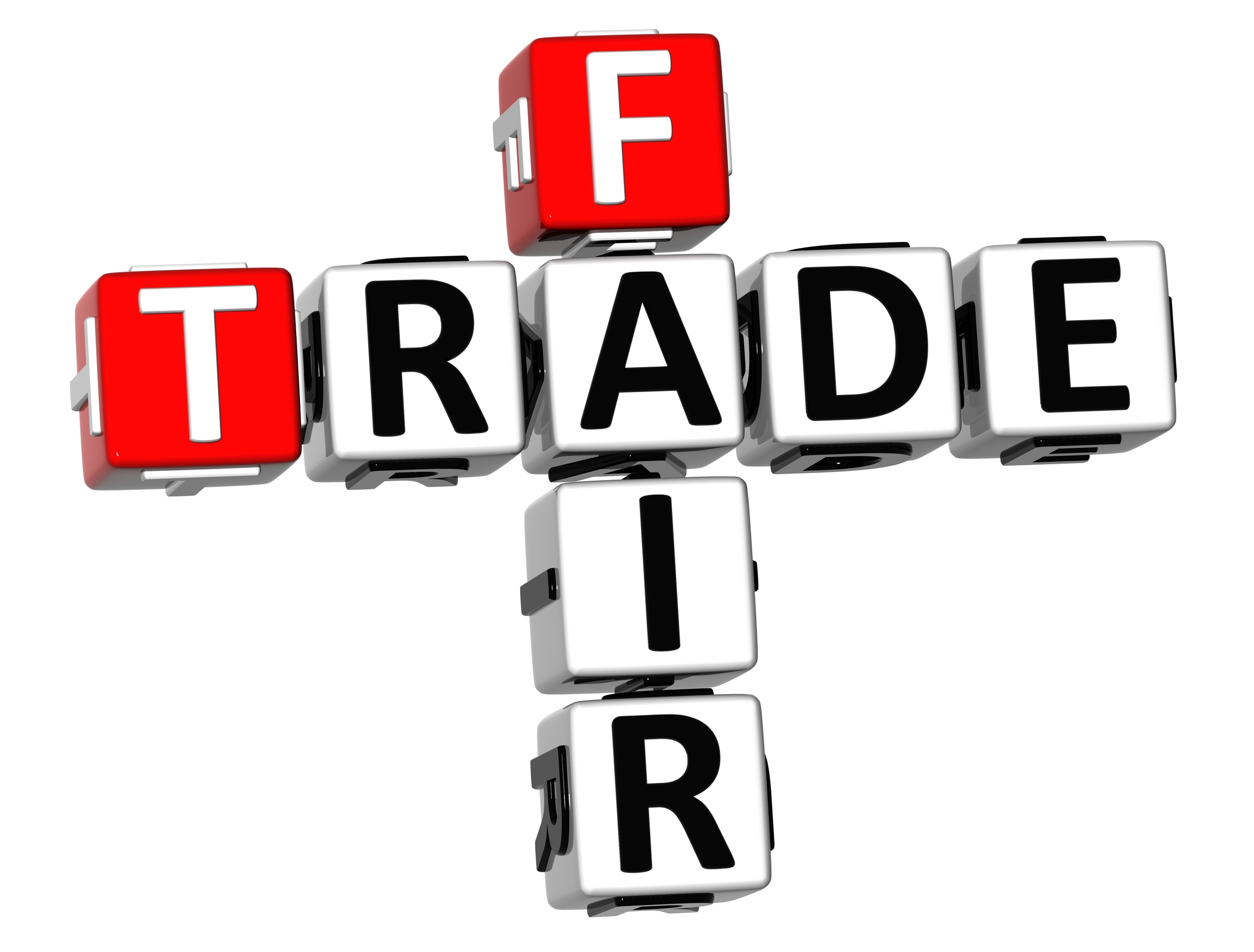The Attraction Of Buying Fair Trade Gifts

Before the goods in high street shops were made overseas, it was easier to tell if you were buying items that were made in a sustainable, socially positive way, with fair wages for their producers. Since most consumer goods were made closer to their place of purchase than they are now, customers could see how their friends and neighbors, who worked in the factories and fields, were treated. Retailers were smaller and had a more personal relationship with both their customers and their suppliers, and it was much easier to determine if a sense of fairness was the basis of the production and sales of many goods.
In addition to the treatment of workers, and a mutually beneficial relationship with retailers, the reputation of manufacturers and large agricultural concerns for environmental stewardship could be observed close at hand. If a company that made consumer goods had smokestacks belching clouds of black smoke, and factories full of children, you would soon find out about it, and be in a position to affect public policy to make improvements.

Globalization broke the link between the makers and the consumers of goods. All considerations of the entire chain of steps between production and purchase were based on price alone. Factories on the far side of the world produced the goods instead of firms in the country where the items would be purchased. In many cases, the governments of the countries where the goods were produced were totalitarian, and didn’t allow anyone to inspect what went on in the facilities where goods were made. In other cases, the primitive work and living conditions were hidden from sight simply by distance.
The attraction of buying fair trade gifts is that it returns the feeling of being a good neighbour to the people that produce the goods that you buy, no matter where they are produced. Fair trade gifts are a benefit to the producer, but also carry an extra sentiment for the person that receives them. Giving fair trade gifts demonstrates to the recipient that you care enough about them to find a gift that’s not only beautiful or useful, but that you feel that they’d appreciate being part of a global community of people trying to help artisans in the developing world.
Fair trade gifts are a way to spread your feelings for fairness and economic responsibility without being preachy. One person can only do so much, but by showing others that you care, you can enlist them to help workers in developing countries enjoy a standard of living suitable for a true global neighbour.
